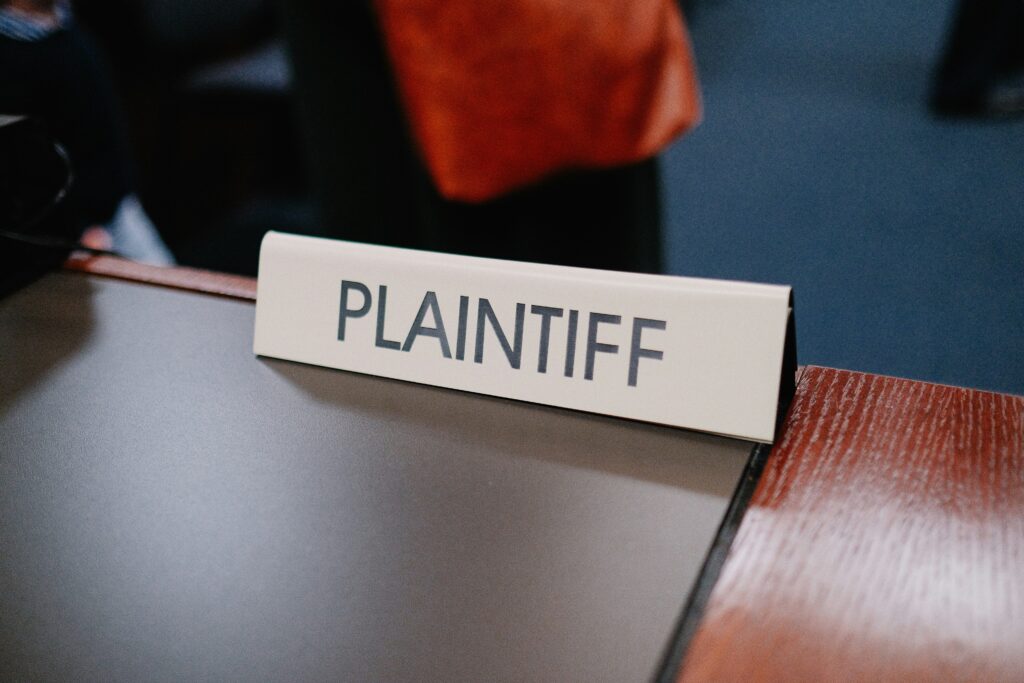Understanding Nevada Felony Classes: A Complete Guide to Felonies
Facing felony charges in Nevada can be overwhelming, especially if you’re unfamiliar with the legal terminology and consequences. In the legal landscape of Nevada, felony offenses are classified into various categories, each carrying its own set of penalties. This guide will provide a detailed overview of Nevada’s felony classes, illuminating their definitions, implications, and legal repercussions.

What Are the Different Felony Classes in Nevada?
Understanding the legal landscape of Nevada felony charges requires a thorough understanding of the various felony classes and their implications. In Nevada, felony offenses are classified into multiple categories, each carrying distinct penalties. These classes range from the most severe Class A to less serious Class E felonies, with each level determining the potential consequences individuals may face if convicted. Here’s a detailed breakdown of each felony class:
Class A Felonies
Individuals facing Class A felony charges require expert legal representation to navigate the complexities of the legal system and mount a vigorous defense against the allegations. The experienced criminal defense attorneys at De Castroverde Law Group Criminal & Immigration are well-versed in handling cases involving Class A felonies, providing personalized legal guidance and aggressive advocacy to protect their client’s rights and achieve the best possible outcomes.
- Class A felonies are the most severe offenses under Nevada law, carrying harsh penalties such as life imprisonment or even the death penalty.
- Examples of Class A felonies include first-degree murder, treason, and certain types of sexual assault.
- Conviction of a Class A felony can result in lifelong consequences, making it imperative to seek expert legal representation.
Class B Felonies
Facing charges for a Class B felony in Nevada can lead to severe consequences, including extended periods of incarceration and substantial financial penalties. Given the gravity of these potential outcomes, individuals must secure adept legal representation to safeguard their rights and construct a robust defense strategy. At De Castroverde Law Group Criminal & Immigration, our seasoned criminal defense attorneys have a wealth of experience navigating Class B felony cases. We are dedicated to delivering exceptional legal advocacy, leveraging our expertise and strategic insight to pursue favorable resolutions for our clients. With a track record of success in handling complex felony cases, we stand ready to vigorously defend your rights and seek the best possible outcome for your situation.
- Class B felonies are serious offenses that warrant significant punishment but are less severe than Class A felonies.
- Offenses such as assault with a deadly weapon, drug trafficking, and certain types of fraud fall under this category.
- According to Nevada law, Class B felonies carry a potential prison sentence ranging from one to 20 years and substantial fines.
Class C Felonies
Class C felonies represent a middle ground between more severe felony charges and misdemeanor offenses, but they still entail significant repercussions for individuals convicted of these crimes. Class C felonies typically carry a maximum prison sentence of one to five years and substantial fines. The specific length of imprisonment and the amount of penalties imposed will vary depending on the case’s specifics and the presiding judge’s discretion. Given the potential consequences of Class C felony charges, individuals accused of such offenses should seek competent legal representation to safeguard their rights and mount an effective defense. Experienced criminal defense attorneys can assess the circumstances of the case, explore potential defense strategies, and advocate on behalf of the defendant in court.
- Class C felonies are mid-level offenses that may result in imprisonment and fines.
- Examples include grand theft, burglary, and certain drug possession charges.
- Conviction of a Class C felony can lead to a prison sentence ranging from one to five years, depending on the specific circumstances of the crime.
Class D Felonies
In Nevada, felony offenses are categorized into different classes, each with penalties and consequences. Class D felonies represent offenses considered less severe than Class A, B, or C felonies but still carry significant legal ramifications for individuals convicted of these crimes. Class D felonies in Nevada typically have a maximum prison sentence of up to four years and substantial fines. The exact length of imprisonment and the penalties imposed will vary depending on the case’s specifics.
- Class D felonies are the least severe felony offenses in Nevada but still carry significant legal consequences.
- Offenses such as embezzlement, forgery, and certain types of fraud may be classified as Class D felonies.
- Conviction of a Class D felony can result in imprisonment for up to four years and substantial fines.
Understanding Legal Consequences and Sentencing Guidelines
Navigating the legal complexities of felony charges requires a thorough understanding of Nevada’s sentencing guidelines and legal procedures. To learn more about the specific penalties associated with each felony class, refer to reliable legal resources such as Wikipedia and insightful blog posts like Understanding Nevada Felony Classes and Sentences.